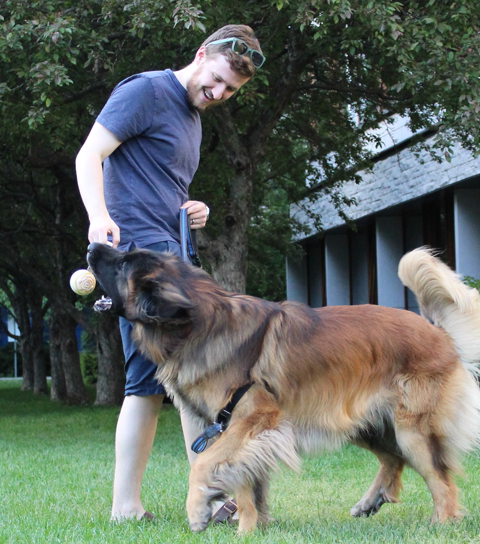I am a Senior Research Scientist at NVIDIA within the Toronto AI Lab.
I completed my PhD under the supervision of Rich Zemel and Roger Grosse.
I have a broad set of interests, within deep learning and elsewhere. In the past, I have worked on improving optimization for deep neural networks and better understanding their loss landscape geometry. I have also worked on imposing functional constraints on neural networks, providing theoretical guarantees for learning with limited data, and investigating representation learning. Nowadays, my work focuses more on 3D generative modeling with applications to content creation for video games.
jlucas [at] cs [dot] toronto [dot] edu Take that, bots
I also enjoy:
- Being a parent to two wonderful, tiny, noisy humans
Big fluffy dogs 
- Developing video games
- Baking
(especially bread) 

Note: see google scholar for a complete list of my latest publications.
Highlighted publications
Neural networks efficiently encode learned information within their parameters. What if we could treat neural networks themselves as input data? We design simple, provably expressive neural networks that can operate on other neural nets. These Graph Metanetworks are able to modify implicit neural representations and predict generalization over a wide range of neural network architectures.
Text-to-3D generative models have seen a significant boost to their quality. However, generating each 3D object often takes hours. In this work, we utilize amortized optimization techniques to reduce the generation time to tens of milliseconds for each object. See our follow-up work too!
We analyze the Monotonic Linear Interpolation (MLI) property, wherein linearly interpolating from initialization to optimum leads to a monotonic decrease in the loss. Using tools from differential geometry, we provide sufficient conditions for MLI to hold and provide a thorough empirical investigation of the phenomena.